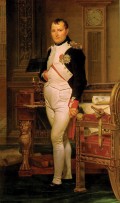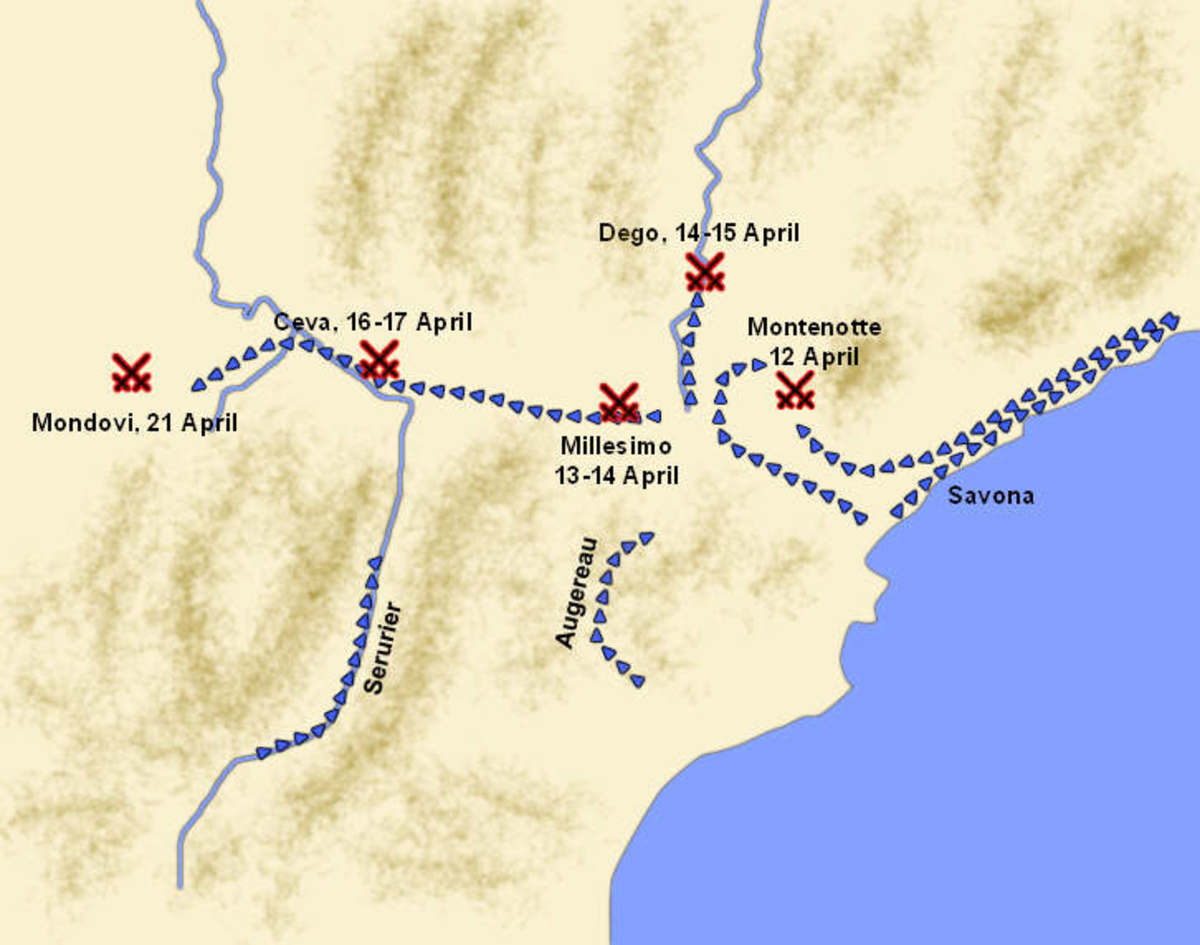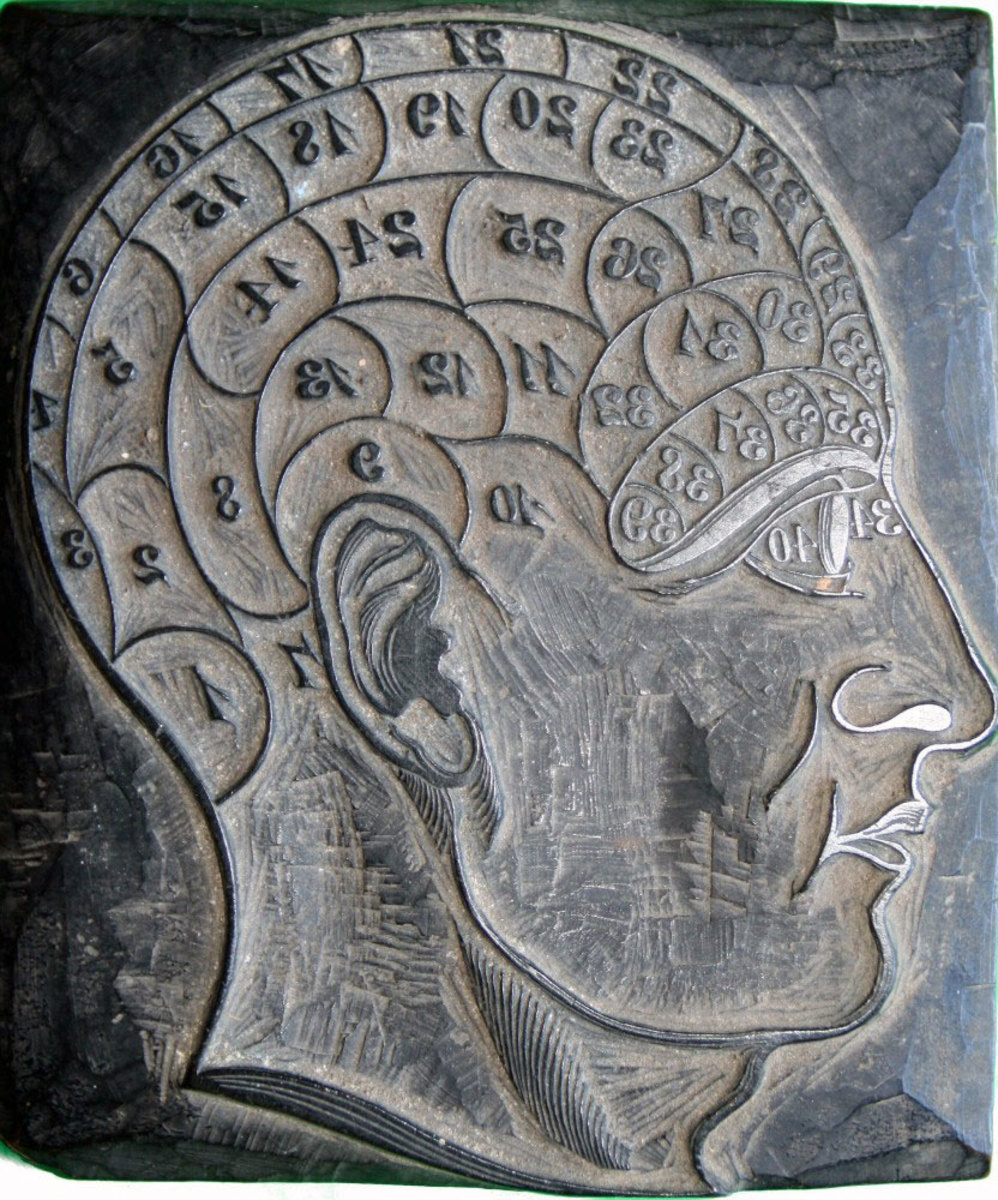Friedrich Nietzsche: Leadership in Anarchy?
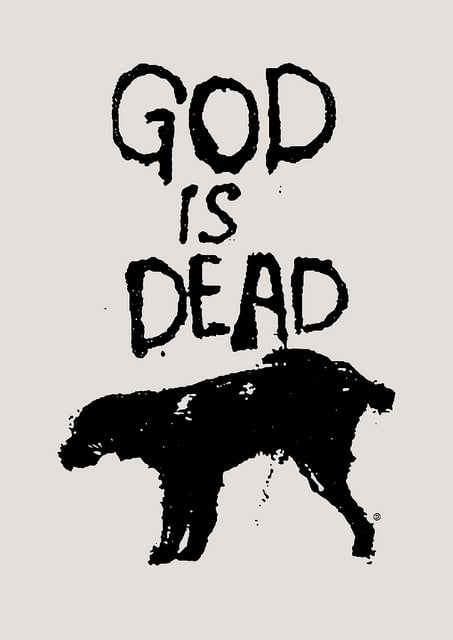
In the fifth chapter of the iconic Beyond Good and Evil, Friedrich Nietzsche presents the “moral hypocrisy of the commanding class” (Nietzsche 199) caused by the peoples’ herd instincts of obedience. His premise is straightforward: Through the herd instinct that drives humans beings to follow authority, the truly great leaders are wasted on the masses; eroded away by guilt, shame and moral hypocrisy. Like all of Nietzsche's works, Beyond Good and Evil does not easily lend itself to simplistic or objective interpretation. This paper makes the assumption that his passage is not sarcastic or satirical in manner. In this author’s opinion, Nietzsche goes too far in his anti-systemic rant, failing to consider his premise to its natural, contradictory conclusion. In decrying humanity’s herd instincts, he bemoans the lack of strong leaders. This leads to a subtle yet vexing paradox: how can one praise social anarchy while desiring strong leadership? In Beyond Good and Evil, Friedrich Nietzsche paradoxically advocates leadership in the absence of structure.
Nietzsche: A Figure of Controversy
Nietzsche’s opening salvo summarizes his belief in the history of mankind’s herd instinct and its detrimental impact on civilization.
Inasmuch as in all ages, as long as mankind has existed, there have also been human herds (family alliances, communities, tribes, peoples, states, churches), and always a great number who obey in proportion to the small number who command—in view, therefore, of the fact that obedience has been most practiced and fostered...(Nietzsche 199)
It is important to recognize that Nietzsche isn’t merely referring to our caveman-esque tendency to band together - he specifically references intricately structured social constructs such as churches, communities and governments (states). This is a significant distinction, as there is a difference between a mindless drone and a member of a community. Nietzsche is talking about the everyday citizen, not the masses that Hitler, Mao and Stalin would later hypnotize.
Does humanity's "herd instinct" exist as Nietzsche believes?
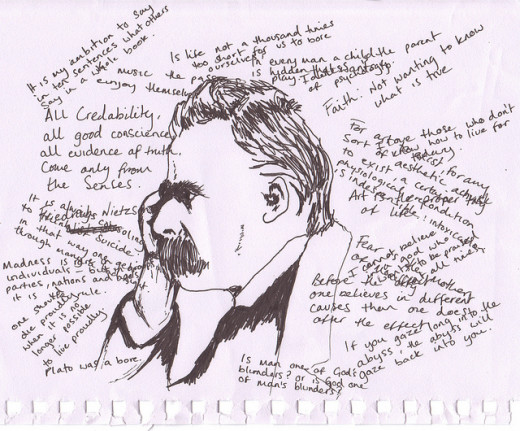
Nietzsche continues, arguing that man’s herd instinct is holding the species back, prohibiting extraordinary individuals from rising above the fray to become leaders. The “moral hypocrisy of the commanding class”, he says, holds back the natural leaders. “They know no other way of protecting themselves from their bad conscience than by playing the role of executors...” (Nietzsche 199). In short, those who lead feel that they cannot take the reins unless it’s through a higher power. Toying with the idea of divine right, Nietzsche is almost certainly referring to the European kings of old and the church, both of which at times claimed to be the embodiment of a celestial will. Indeed, the medieval Church established a complex hierarchy of bishops and cardinals, often for political gain (Knox), while kings of the era quickly discovered that it was easier to instill obedience through religious propaganda rather than force (Sommerville).
In other words, Nietzsche argues that as the masses crowd under the protection of their kings and churches (which wield their authority as executors rather than absolutes), the leaders with true potential are forced, too, to fly the false flag of a higher power. They are no longer kings and generals, they have become servants of the people, religious shepherds or hands of God. Neutered by their figurative conscience, their method of leadership is born of necessity, not greatness and thus constricts human development.
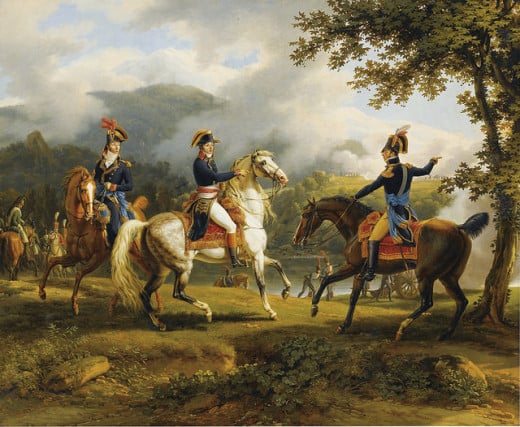
With this, the author would contend that Nietzsche has laid a trap for himself. A mere few sentences after proclaiming that the herd-instinct, which manifests in such social constructs as the church and state, is the “extraordinary limitation of human development”, Nietzsche turns to praise the “art of command” (199) and lament the absence of strong leaders, both of which are inherently social concepts. He says, “In spite of all, what a blessing, what a deliverance from a weight becoming unendurable, is the appearance of an absolute ruler for these gregarious Europeans…” (199).
Nietzsche, oblivious or apathetic to this conundrum, moves on to give an example of a flawless leader. His ideal is none other than the French conqueror Napoleon Bonaparte, the “worthiest [of] individuals” (199). What was it about Bonaparte that appealed to Nietzsche? It certainly wasn’t his lack of religion - he was a Catholic who believed that Christianity, not men, should rule societies (Metternich). No, it is arguably Bonaparte’s legendary, nigh unstoppable ambition that captured Nietzsche’s interest. His drive to take action and overinflated ego made him a unique figure in his time. He was not afraid to step on toes to forward his agenda, and if any ruler of his time was absolute, it was Napoleon. Max Sewell of the Napoleon Series writes:
Napoleon is often described as being ruled by a gigantic ego. His lust for power, the coup d'etat Brumaire, his dismissal of democracy and the establishment of Empire, are all seen as benchmarks of rampant ambition. Comparisons with contemporary leaders are regarded as irrelevant or even futile, presumably because Bonaparte is assumed to have been greater than they, and presented with unique opportunities, all squandered on a quest for personal aggrandizement.
Indeed, Napoleon Bonaparte was a man who did not allow anything - democracy, tradition, or others - to get in his way. He was singularly goal-driven, looking upon his surroundings as merely a means to his lofty ends. Prince Klemens von Metternich wrote in his memoirs:
Whilst in his conceptions all was clear and precise, in what required action he knew neither difficulty nor uncertainty. Ordinary rules did not embarrass him at all. In practice, as in discussion, he went straight to the end in view without being delayed by considerations which he treated as secondary, and of which he perhaps too often disdained the importance. (Metternich 273)
Upon examination, this can also be seen in regards to his Catholicism, which some suggest he used as a tool as well. Metternich writes:
[He] considered Catholicism as the form of worship most favorable to the maintenance of order and the true tranquility of the moral world...It is possible that religion was, with him, more the result of an enlightened policy than an affair of sentiment; but whatever might have been the secret of his heart, he took care never to betray it. (Metternich 272)
Clearly, Bonaparte’s view of religion was not as black and white as a cursory glance would suggest. It was instead utilitarian; a means to an end, a method of control rather than a constricting iron around his leg. Bonaparte embodies Nietzsche’s leadership criteria not in spite of his religion, but because of it: He is empowered, not crippled, by the herd instinct, using it as yet another tool to accomplish his goals. He does not wield authority through the hand of God, he channels God and the herd instinct as yet another facet of his own absolute authority.
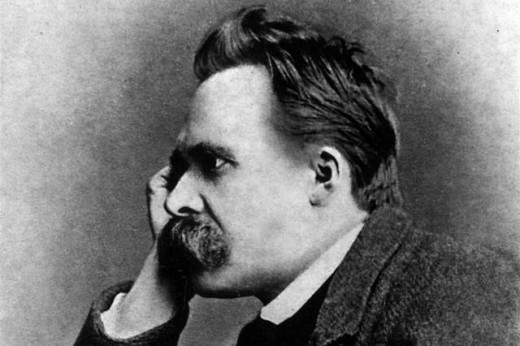
Inherent Paradox?
Yet, upon closer examination, by attacking the herd instinct as counter to human progress Nietzsche is calling for a house sans its foundation. Can a leader such as Napoleon Bonaparte exist in the first place without a herd to shepherd? Dr. Richard Scholl of the University of Rhode Island’s Labor Research Center writes, “The role of leadership refers to a position of authority in some organizational hierarchy…” (Scholl).
Nietzsche’s idealization of social anarchy, free of the herd instinct and other structures, begs the following question to this reader and author: How can leaders such as Bonaparte exist without structures to harness their power? How can a leader lead without a people to follow him, laws to enforce and traditions such as the church to hold it all in place? Are not the foundations of civil society the very foundation upon which every great leader establishes his authority? It certainly was so with Napoleon, who capitalized on the his popularity to raise a huge citizen army (Daniels 237). Quite simply, it is impossible for a ruler to command absent a herd to follow him. The idea is contradictory and nonsensical, much like Nietzsche’s reasoning.
Unfortunately for Nietzsche, he cannot have his cake and eat it, too. It is impossible to advocate for strong, determined leaders while simultaneously condemning the tendency of the common people to follow such men and women. The empowered, independent leadership which Nietzsche so determinedly espouses must inherently coexist with the herd mentality he villainizes.
Do you agree with this paper's conclusion?
© 2015 Nu Vew


